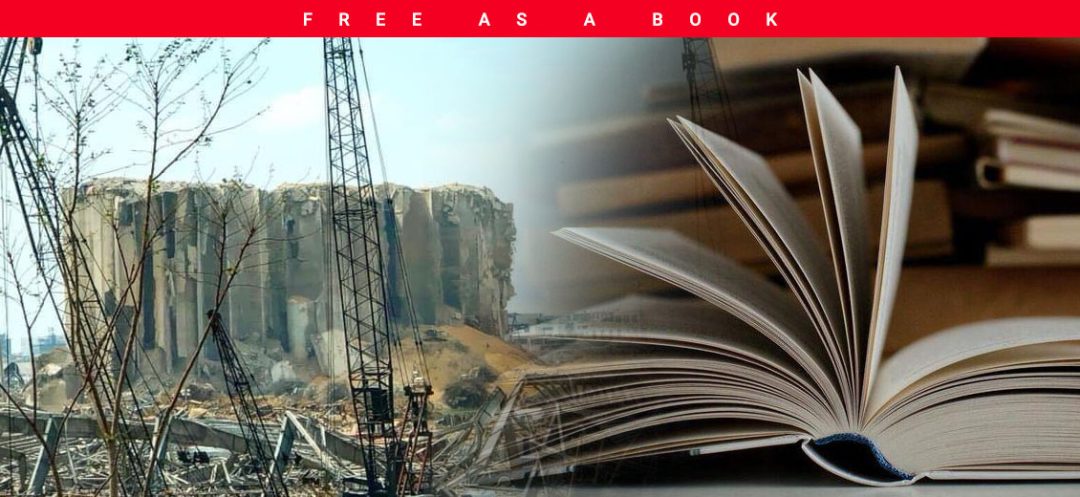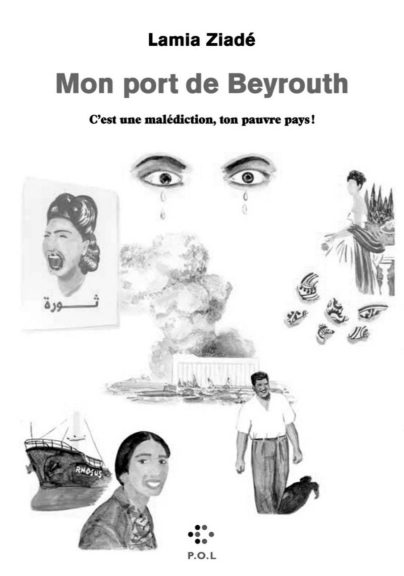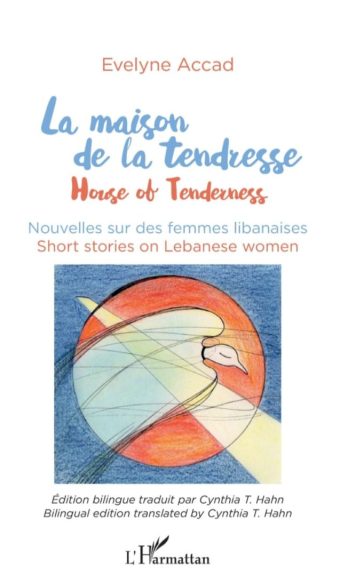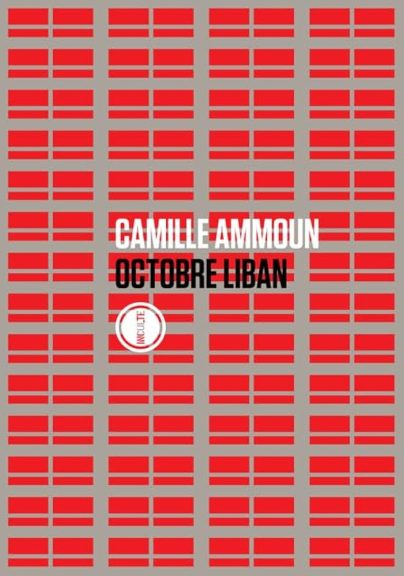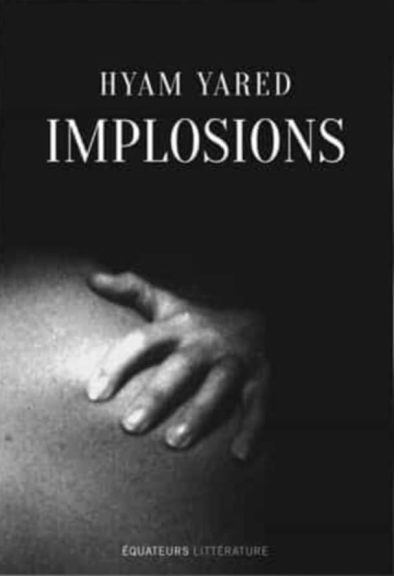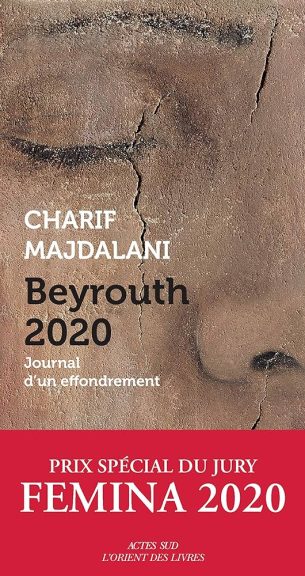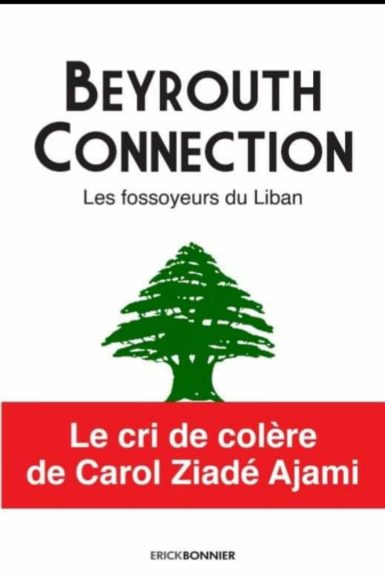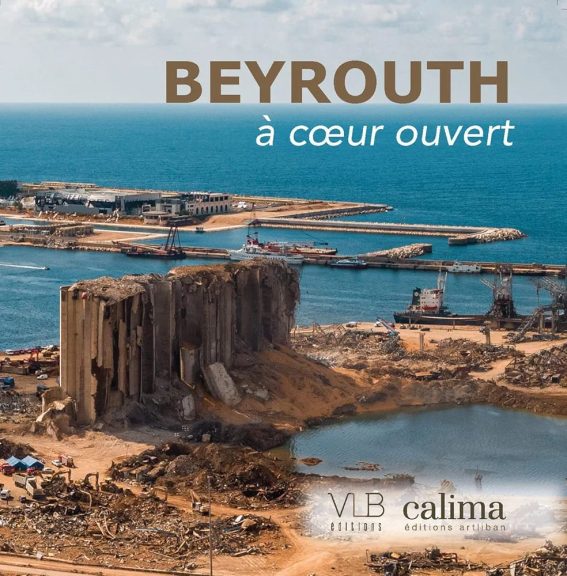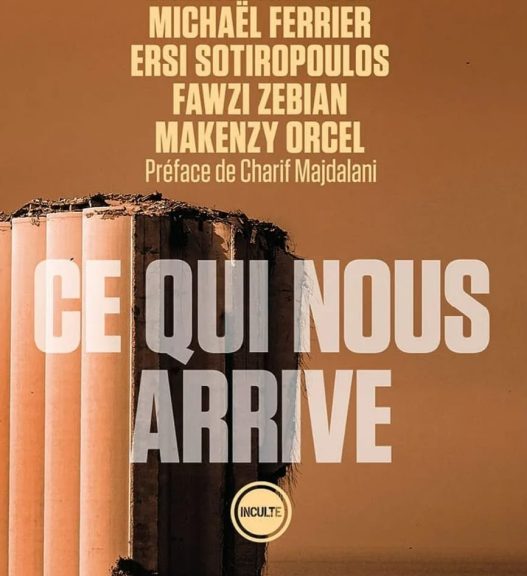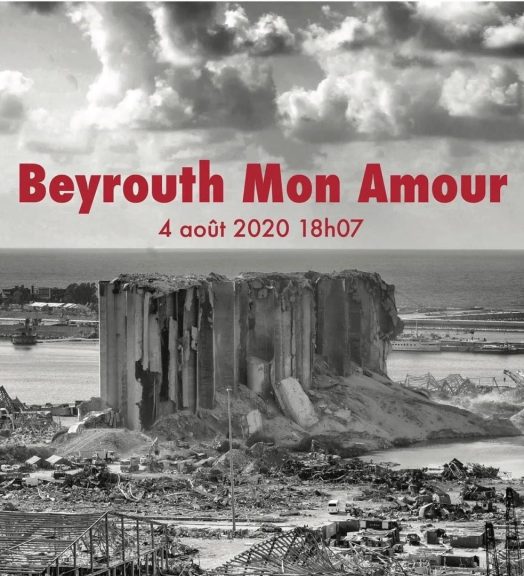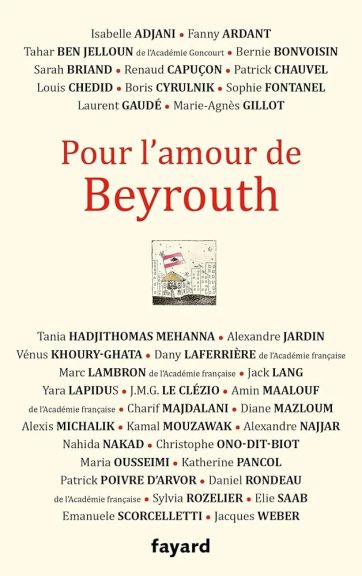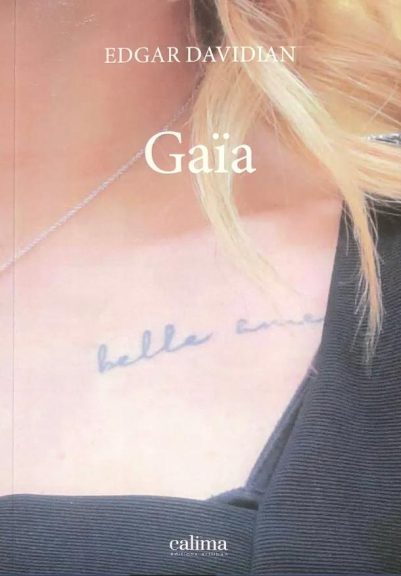Listen to the article
The disaster of August 4, 2020 has caused much blood and ink to flow. Here is a non-exhaustive list of novels, diaries, short stories, essays and collective works on the explosion of the century, which devastated Beirut, the thousand-year-old city, “dead a thousand times and relived a thousand times.”
In the series of books published following the explosion of August 4, 2020, Gaïa by Edgard Davidian is a recent book released in July 2024 by Artliban Calima editions. In this novel, the author and journalist traces the tragic journey of Gaïa Fadoulian, killed at twenty-nine on August 4. Gaïa, derived from Greek, represents the primordial goddess of the nurturing earth and symbolizes life. What was the fate of this young Armenian bearing a tragic heritage of persecution and death? Can writing triumph over death?
Beyrouth 2020, journal d’un effondrement by Charif Majdalani, published by Actes Sud/L’Orient des Livres, received the special jury prize at the Femina in 2020. This journal on the unprecedented economic crisis shaking the country and the spectacular rise of foreign currency against the abyssal fall of the local currency was written in the context of confinement. The writer narrates the uprising of the Lebanese people, crushed and plundered by the ruling caste. However, the Lebanese are not at the end of their troubles. A cataclysm follows the financial and health catastrophes: the explosion of Beirut.
Implosions by Hyam Yared, published by Éditions des Equateurs in 2021, tells the apocalypse of August 4 in synchrony with the implosion of a couple. When the explosion blows up the capital, the narrator, her husband, and the psychotherapist following the couple find themselves on all fours under the therapist’s desk, in a striking parallel with the city of Beirut, brought to its knees. As the choice of the prefix in the title Implosions focuses more on the interior, on the intimate deflagration ravaging the narrator, she is torn between her rage to live and the differences threatening to irrevocably split her couple. In a style as comical as tragic, Hyam Yared, who never departs from the crudity of her lexicon, delivers a moving testimony on the fate of a city and a woman.
Octobre Liban by Camille Ammoun, published by Inculte, features an unusual character, the street of Beirut that runs along the port and bears three names: Rue d’Arménie, Rue Gouraud, and Rue Emir Bachir. As an urban planner and activist, Camille Ammoun wanders through these emblematic streets of the former Switzerland of the East and tries to analyze the reasons for the downfall and mismanagement that led to the protests in a decaying Beirut, then to the martyrdom of the city by the double port explosion.
In the last chapter of La maison de la tendresse, published by L’Harmattan in 2021, Evelyne Accad, the militant writer for feminist-humanist rights, recounts the tragedy of August 4 in her flesh and that of loved ones. To exorcise the evil, she founded a healing center for the victims of August 4, named Beit-el Fouad.
Mon port de Beyrouth by Lamia Ziadé, illustrator and author, published by P.O.L in 2021, recounts the traumas of the explosion that destroyed half of the capital. The narrator, living in Paris, receives on the family WhatsApp group the disfigured and bloodied face of her sister. The terrible photos follow one another. Lamia Ziadé tries to thumb her nose at death by writing a journal in which she draws the faces of the victims and illustrates the written texts. She focuses on the port of Beirut, whose first stone was laid in 1968, the year of her birth.
Éclat d’une vie by Caroline Torbey, published by L’Harmattan in 2021, recounts the physical and psychological wounds caused by the explosion on the narrator, her loved ones, and her surroundings. By rearranging all the letters of the word “resilience” to find a kind of anagram, she finds only one: “inertiel,” derived from inertia. The title, Éclat d’une vie, conveys a paradoxical situation: the lives shattered into a thousand pieces by the port explosion on the one hand, and the sparkle of hope radiating again with a happy event on the horizon.
Finally, let us recall the manifesto Beyrouth Connection, les fossoyeurs du Liban, published by Erick Bonnier in September 2020.
Collective Works
On the initiative of Artliban Calima editions and Victor Le Brun, the collective work Liban à cœur ouvert, released in 2020, brings together 65 collaborators, writers, journalists, and painters on the gigantic explosion of Beirut. The book narrates the horrible dramas that occurred and the always possible miracles. Raw testimonies speak the unspeakable and tell, in fact, Lebanon with an open heart. The profits go exclusively to the Lebanese Red Cross.
In Ce qui nous arrive, also published by Inculte and prefaced by Charif Majdalani, co-written by Camille Ammoun, Michaël Ferrier, Makenzy Orcel, Ersi Sotiropoulos, and Fawzi Zebian, two Lebanese writers recount August 4, 2020. Camille Ammoun gives voice to a silo on the apocalyptic explosion. Through an interior monologue, the silo tells what happens to it and what happens to an entire city: “What happens on August 4 is what has been so feared, predicted, and written in various reports and official letters, royally ignored by all those who received them.” Similarly, Fawzi Zebian narrates in a style as tragic as imbued with macabre poetry the apocalyptic explosion of the port of Beirut in Ma grand-mère, Rose et moi: “In reality, I am not sure that all the pieces scattered in all four corners are still me. I am not sure that each scrap, taken separately, is still me.”
Beyrouth Mon Amour brings together 56 illustrious and less illustrious authors and authors under the direction of Bélinda Ibrahim. We hold our breath reading the poignant testimonies on the destruction of a city. The book is sprinkled with illustrations, paintings, and photographs made by 26 visual contributors. The proceeds from the book went to NGOs involved in the relief work for victims like AFEL, Faire Face Cancer, Live Love Beirut, Arcenciel, and others.
Pour l’amour de Beyrouth, published by Fayard under the aegis of Sarah Briand, presenter at TF2 and unconditional lover of Beirut, brings together the texts of 35 Lebanese and French personalities from the world of letters and arts in solidarity with the completely devastated city. Among the contributors, we can mention Vénus Khoury Ghata, Amine Maalouf, Alexandre Najjar, Charif Majdalani, Tahar Ben Jelloun, Daniel Rondeau, Jean-Marie Gustave le Clézio, and Boris Cyrulnik. The revenues are intended for the Offre-Joie association.

